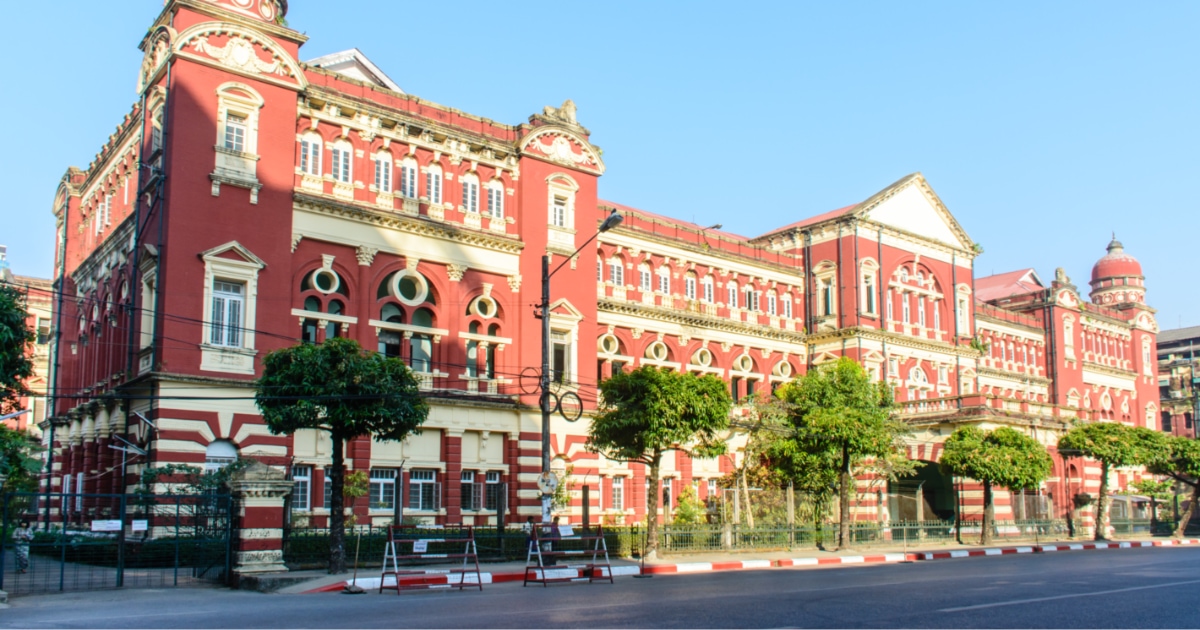Charltons provides focused legal advice to small and medium sized enterprises (SMEs) in Myanmar. SMEs play a crucial role in the economic well-being of developed and developing countries alike. 126,237 or approximately 99.4% of all businesses in Myanmar are classified as SMEs. On average, SMEs in Myanmar account for 50-95% of employment and contribute 30-53% of GDP in ASEAN member states. The Government recognizes that SME entrepreneurship will define the country’s future national economic development. However, international isolation and a lack of private sector investment, among other factors, have left Myanmar playing catch-up with its regional neighbours. Time is of the essence. With the ASEAN Free Trade Area coming into full effect by 2015, SMEs in Myanmar will no longer be able to rely on government tariffs to protect them from overseas competition. By the same token, the opening up of regional markets represents an enormous opportunity for SMEs in Myanmar but only if they are ready and able to meet the new challenges ahead.
On 9 April, 2015, the Government had enacted the Small and Medium Sized Enterprises (SME) Development Law (SME Law). The SME Law defines “small enterprises” as those with between K50 million (approximately US$50,000) and K500 million (approximately US$500,000) in capital, or with between 30-300 employees.
“Medium-size” firms are defined as having between K50 million (approximately US$50,000) and K1 billion (approximately US$1 million) in capital or between 60 and 600 staff.
Pursuant to Chapter 10 of the SME Law, SME owners need to register their businesses and abide by the law in order to qualify for the various incentives contained in the bill. When a company exceeds the SME capital or employee thresholds, it must change its registration details.
Government’s Regulatory Role on SMEs in Myanmar
Since Myanmar was lack of good regulatory practices and operational environment in SME sector, the Government had established a central committee to encourage SME development since from 2013 to formulate SME policies, laws and strategies; to conduct dialogue with stakeholders; and to coordinate donor funds and projects targeted at SMEs. The Central Committee for SME Development (SME Committee) is currently led by 24 members including the country’s President U Win Myint as chair; and the SMEs Development Working Committee is led by the Vice- President U Myint Swe as Chair and included 40 members. It is also responsible for ensuring that both the government and private banks provide finance to SMEs in Myanmar, and for establishing an SME support networks in both rural and urban areas.
On April 2012, the Central Department of SMEs Development was established to implement the SMEs policies and programmes in order to support SMEs and facilitate its needs; and SMEs supporting programs are being carried out continuously by enforcing the SMEs Development Law on April 2015, SMEs Development Rule on December 2016, SMEs Development Policy on December 2015. The government does not currently have a working strategy for SME development in place. Instead, the general policy of SMEs Development Policy is specified by aiming at seven priority areas such as –
- human resources;
- technology development and innovation;
- financial resources;
- infrastructure development;
- market access;
- appropriate taxation and procedures; and
- conducive business environment.
The policy particularly emphasises for increasing agricultural productivity and SME internationalisation, and enhancing SME data collection. The SME Master Plan (2020-2030) has been drafted based on the above seven priority areas and it is expected to come in the year 2020.
On April 2014, the SME Development Department was reorganized with the Directorate of Industrial Supervision and Inspection under the Ministry of Industry (now the Ministry of Planning, Finance and Industry). On January 2018, SMEs Development Agency, Fund Management Body, and Reporting and Evaluating Body were respectively extended and has been tasked for enhancing the SMEs sector and reforming the policy sector.
The SMEs Development Agency is responsible to act as the main catalyst to promote SMEs with providing the supporting services such as holding trade fairs and competitions, offering the national awards, technology transfer, B2B matching and exhibitions, capacity building trainings, financial access, SMEs registration, advisory and consulting service. At present, the Directorate of Industrial Supervision and Inspection and its sub departments under the Ministry of Planning, Finance and Industry are responsible for the development of SMEs in Myanmar.
SMEs in Myanmar | Need for Development
Myanmar has not yet defined a clear strategy to foster entrepreneurial skills in society as well as SMEs in Myanmar are less likely to innovate and use information and communication technologies to support their operations. Many companies, especially those hoping to target the export market or even foreign residents need to upgrade their products and services to meet international standards. In this respect the state should actively encourage business visitors and the participation of international suppliers in local trade fairs and exhibitions. It should also seek to curb the monopoly of larger enterprises and where applicable, allow SMEs to enter previously restricted markets. The Government must recognise, through both competition and inter-company cooperation, that SMEs promote innovation and skill levels in an economy. SMEs may benefit from a government program to encourage acquisition of business development services to improve managerial and business capacities, marketing, innovation, product quality, and compliance with international and foreign direct investment standards. Many firms in Myanmar face difficulties obtaining finance, which is a major constraint to private sector development. Above all else the Government must urgently pursue policies aimed at securing access to finance for the country’s SMEs. Without access to finance, business will not be able to cycle off inefficiency and low productivity which springs from a lack of capital investment. In tandem with tackling bank lending the government must introduce policies and legislation in relation to management best practices management and corporate governance which reflect international norms. Interest rate caps, collateral requirements, and limited capacity of firms to present bankable proposals have restricted access to credit by micro, small, and medium enterprises as well as rural households. In Myanmar, this may be particularly recommended considering that access to finance is a top challenge for most SMEs, taking into account the need to fine-tune and adapt this type of support to the varied needs and potential of SMEs.







